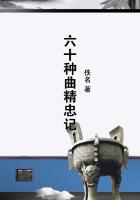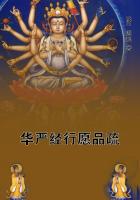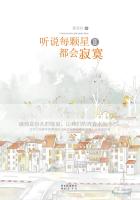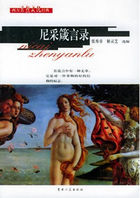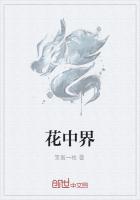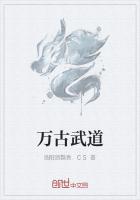The question now arises,how can these amounts be measured?Or rather the question arises,what is the quantitative form of existence of this labour,since the quantitative differences of the commodities as exchange-values are merely the quantitative differences of the labour embodied in them.Just as motion is measured by time,so is labour by labour-time.Variations in the duration of labour are the only possible difference that can occur if the quality of labour is assumed to be given.Labour-time is measured in terms of the natural units of time,i.e.,hours,days,weeks,etc.Labour-time is the living state of existence of labour,irrespective of its form,its content and its individual features;it is the quantitative aspect of labour as well as its inherent measure.The labour-time materialised in the use-values of commodities is both the substance that turns them into exchange-values and therefore into commodities,and the standard by which the precise magnitude of their value is measured.
The corresponding quantities of different use-values containing the same amount of labour-time are equivalents;that is,all use-values are equivalents when taken in proportions which contain the same amount of expended,materialised labour-time.Regarded as exchange-values all commodities are merely definite quantities of congealed labour-time.
The following basic propositions are essential for an understanding of the determination of exchange-value by labour-time.Labour is reduced to simple labour,labour,so to speak,without any qualitative attributes;labour which creates exchange-value,and therefore commodities,is specifically social labour;finally,labour in so far as its results are use-values is distinct from labour in so far as its results are exchange-values.
To measure the exchange-value of commodities by the labour-time they contain,the different kinds of labour have to be reduced to uniform,homogeneous,simple labour,in short to labour of uniform quality,whose only difference,therefore,is quantity.
This reduction appears to be an abstraction,but it is an abstraction which is made every day in the social process of production.The conversion of all commodities into labour-time is no greater an abstraction,and is no less real,than the resolution of all organic bodies into air.Labour,thus measured by time,does not seem,indeed,to be the labour of different persons,but on the contrary the different working individuals seem to be mere organs of this labour.In other words the labour embodied in exchange-values could be called human labour in general .This abstraction,human labour in general,exists in the form of average labour which,in a given society,the average person can perform,productive expenditure of a certain amount of human muscles,nerves,brain,etc.It is simple labour [English economists call it "unskilled labour"]
which any average individual can be trained to do and which in one way or another he has to perform.The characteristics of this average labour are different in different countries and different historical epochs,but in any particular society it appears as something given.The greater part of the labour performed in bourgeois society is simple labour as statistical data show.Whether A works 6hours producing iron and 6hours producing linen,and B likewise works 6hours producing iron and 6hours producing linen,or A works 12hours producing iron and B 12hours producing linen is quite evidently merely a different application of the same labour-time.
But what is the position with regard to more complicated labour which,being labour of greater intensity and greater specific gravity,rises above the general level?This kind of labour resolves itself into simple labour;it is simple labour raised to a higher power,so that for example one day of skilled labour may equal three days of simple labour.The laws governing this reduction do not concern us here.It is,however,clear that the reduction is made,for,as exchange-value,the product of highly skilled labour is equivalent,in definite proportions,to the product of simple average labour;thus being equated to a certain amount of this simple labour.
The determination of exchange-value by labour-time,moreover,presupposes that the same amount of labour is materialised in a particular commodity,say a ton of iron,irrespective of whether it is the work of A or of B,that is to say,different individuals expend equal amounts of labour-time to produce use-values which are qualitatively and quantitatively equal.
In other words,it is assumed that the labour-time contained in a commodity is the labour-time necessary for its production,namely the labour-time required,under the generally prevailing conditions of production,to produce another unit of the same commodity.
From the analysis of exchange-value it follows that the conditions of labour which creates exchange-value are social categories of labour or categories of social labour ,social however not in the general sense but in the particular sense,denoting a specific type of society.Uniform simple labour implies first of all that the labour of different individuals is equal and that their labour is treated as equal by being in fact reduced to homogeneous labour.The labour of every individual in so far as it manifests itself in exchange-values possesses this social character of equality,and it manifests itself in exchange-value only in so far as it is equated with the labour of all other individuals.

